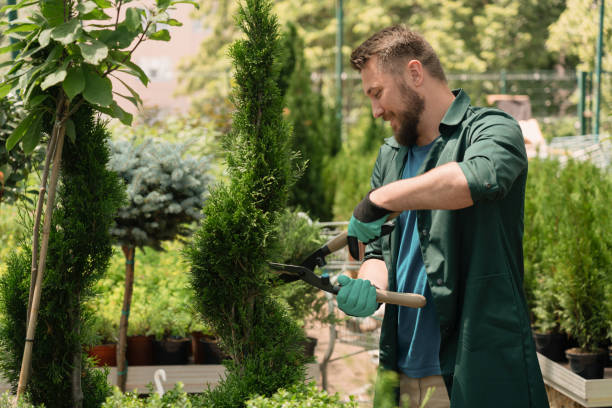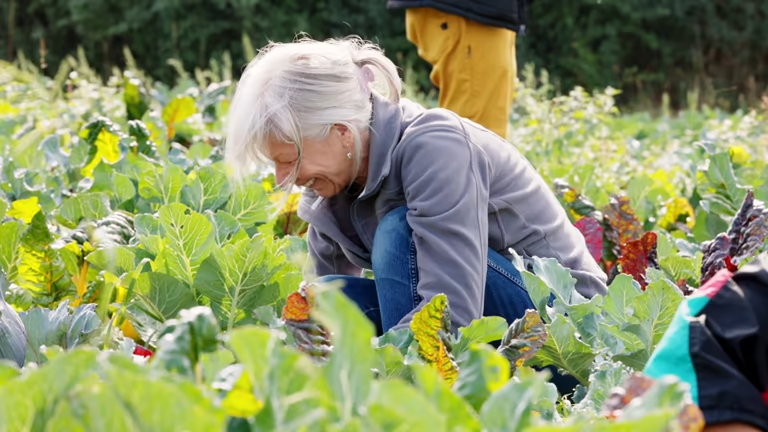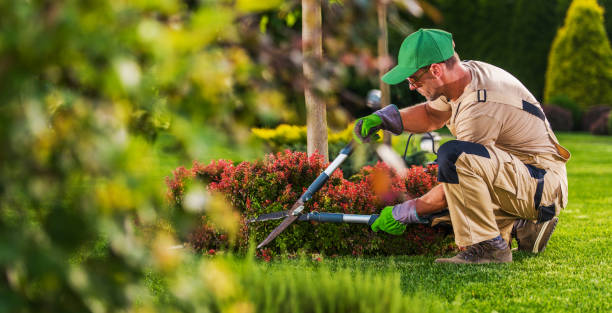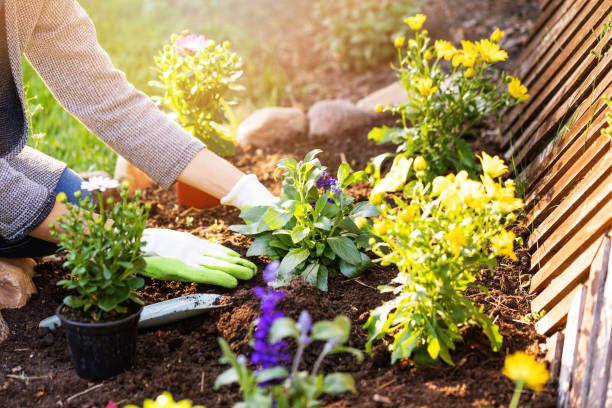Organic Gardening 101: Grow Fresh, Chemical-Free Produce
In a world where food safety and environmental sustainability are becoming major concerns, organic gardening is gaining popularity. Growing your own fresh, chemical-free produce not only ensures healthier meals but also reduces your carbon footprint. Whether you’re a beginner or an experienced gardener, this guide will help you start your organic gardening journey.
What is Organic Gardening?
Organic gardening is the practice of growing plants without synthetic fertilizers, pesticides, or genetically modified organisms (GMOs). Instead, it relies on natural processes, composting, and eco-friendly pest control methods to cultivate healthy, nutrient-rich produce.
Benefits of Organic Gardening
-
Healthier Food – Organic produce is free from harmful chemicals, making it safer and more nutritious.
-
Environmental Protection – Avoiding synthetic pesticides and fertilizers reduces soil and water pollution.
-
Cost-Effective – Growing your own food saves money in the long run.
-
Better Taste – Many gardeners swear that organic fruits and vegetables taste fresher and more flavorful.
-
Supports Biodiversity – Organic gardens attract beneficial insects, birds, and pollinators.
Getting Started with Organic Gardening
1. Choose the Right Location
Most vegetables and herbs need at least 6-8 hours of sunlight daily. Pick a spot with good drainage and access to water.
2. Prepare the Soil Naturally
Healthy soil is the foundation of organic gardening. Improve soil fertility by:
-
Adding compost (kitchen scraps, leaves, grass clippings)
-
Using organic mulch (straw, wood chips) to retain moisture
-
Planting cover crops (clover, alfalfa) to enrich soil nutrients
3. Select Organic Seeds or Seedlings
Look for non-GMO, organic-certified seeds or buy seedlings from trusted organic nurseries. Popular beginner-friendly crops include:
-
Vegetables: Tomatoes, lettuce, carrots, peppers
-
Herbs: Basil, mint, parsley
-
Fruits: Strawberries, blueberries (if space allows)
4. Practice Natural Pest Control
Instead of chemical pesticides, try these organic methods:
-
Companion planting (e.g., marigolds repel pests, basil improves tomato growth)
-
Neem oil or insecticidal soap for aphids and mites
-
Handpicking pests (like slugs and caterpillars)
-
Encouraging beneficial insects (ladybugs, lacewings)
5. Water Wisely
-
Water early in the morning to reduce evaporation.
-
Use drip irrigation or soaker hoses to conserve water.
-
Avoid overwatering, which can lead to fungal diseases.
6. Rotate Crops Annually
Prevent soil depletion and pest buildup by rotating plant families (e.g., don’t plant tomatoes in the same spot every year).
Final Tips for Success
-
Start small—begin with a few easy crops before expanding.
-
Observe and learn—gardening is a continuous learning process.
-
Be patient—organic gardening takes time, but the rewards are worth it!
By following these organic gardening principles, you’ll enjoy fresh, chemical-free produce while contributing to a healthier planet. Happy gardening!





